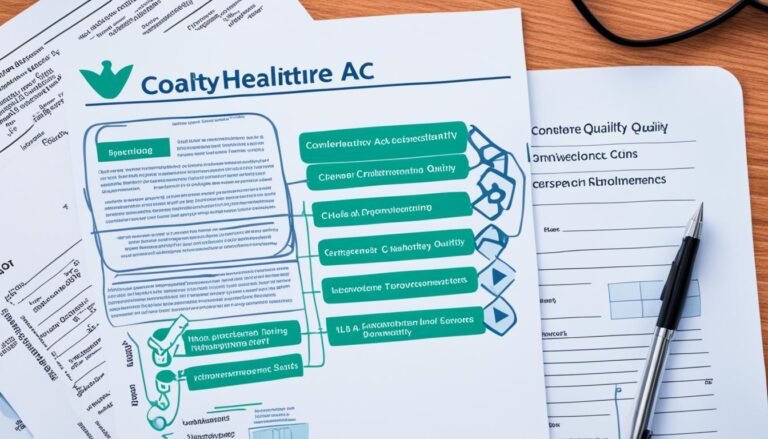Preventing Sports Injuries and Other Personal Injuries: 7 Tips
Injuries can happen to anyone, whether you’re playing sports, driving, or just going about your day. In some cases, sports injuries can even be quite severe, affecting an athlete’s livelihood and their ability to enjoy their favorite activities.
However, many injuries are preventable with the right knowledge and healthy habits. In this article, we’ll discuss some tips to help you stay safe and avoid common injuries while you’re on the field and in the gym.
1. Warm Up and Cool Down Properly
One of the easiest ways to prevent sports injuries is by warming up before you begin and cooling down afterward. Warming up helps prepare your muscles for physical activity by increasing your heart rate and improving blood flow to your muscles. This helps your body move more easily and reduces the risk of pulling or tearing something.
Simple warm-up exercises can include light jogging, arm circles, or jumping jacks for five to ten minutes. After you’re done being active, take time to cool down with light stretching and slower movements.
2. Use Safety Gear
Wearing the right safety gear is one of the best ways to avoid serious injuries. Specifically, you’ll want to use equipment that is made for the activity you’re doing.
For example, if you’re riding a bike, a properly fitting helmet can protect your head if you fall. If you’re playing football or hockey, pads can protect your knees, elbows, and shoulders. Even something simple like the right shoes can prevent injuries, like ankle sprains, by giving your feet the support they need.
3. Maintain a Fitness Routine
A good way to keep your body strong and avoid injuries is to follow a balanced fitness routine. This means not just focusing on one type of exercise, but mixing things up. Your routine should include cardio to keep your heart healthy, strength training to build muscle, and flexibility exercises to help your joints move better.
If you only work on one area (like running every day), you might overuse certain muscles and hurt yourself. Try to include activities like walking, swimming, weight lifting, and stretching. It also helps to rest between workout days so your muscles have time to heal and grow.
4. Stay Hydrated and Eat Well
When your body is dehydrated, it can’t work as well. You may feel tired, dizzy, or get muscle cramps, all of which can lead to accidents. It’s important to drink water before, during, and after physical activity, even if you don’t feel thirsty.
Along with staying hydrated, eating the right foods helps your body stay strong. Protein helps muscles heal, while fruits and vegetables provide vitamins and minerals that help your body work properly. Whole grains give you energy and healthy fats protect your joints.
5. Know Your Limits
It’s easy to get caught up in the excitement of a game or feel pressure to lift more weight, run farther, or push through pain. However, doing too much, too fast can lead to serious injuries like torn ligaments, muscle strains, or even broken bones.
If you’re new to a sport or workout routine, start slowly and build up over time. Listen to your body — if something feels wrong or you’re too tired to keep good form, stop and rest. Pushing past your limits may seem tough in the moment, but it’s not worth risking your health.
6. Learn and Use Proper Techniques
If you don’t move the right way, your body may be put under stress in the wrong areas. For example, lifting weights with poor posture can cause back or shoulder injuries. Throwing a ball incorrectly can strain your elbow (often called a “tennis elbow” or “pitcher elbow”).
That’s why it’s helpful to take time to learn how to do things the right way, whether that means working with a coach or a personal trainer or watching trusted instructional videos. Once you know the right technique, practice it slowly and focus on form instead of speed or power.
7. Get Enough Rest
Rest is not a sign of weakness — it’s part of how your body gets stronger. When your muscles don’t get time to recover, they become tired and more likely to get hurt. Fatigued muscles can’t support your joints well, which raises your risk for things like sprains or falls.
Make sure to schedule rest days, especially after intense activity. Getting enough sleep at night is also important, as sleep allows your muscles to repair themselves and your body regains energy. Most teens and adults need about seven to nine hours of sleep to function well.
Can I Sue Over a Sports Injury?
Even if you take all the right steps, accidents can still happen. Sometimes, these injuries aren’t your fault.
If you get hurt because of unsafe gym equipment, poor supervision, a dangerous playing surface, or someone else’s careless behavior, the personal injury lawyers at Cohen, Feeley, Altemose & Rambo may be able to help you. If someone else is responsible, your lawyer may help you file a claim to get financial compensation that can help cover medical bills, lost wages, or pain and suffering.
The Bottom Line
By warming up properly, using the right equipment, maintaining a balanced fitness routine, staying hydrated, knowing your limits, and getting plenty of rest, you can stay safer on the field and avoid injury. Remember, taking these steps not only protects you but also those around you.







